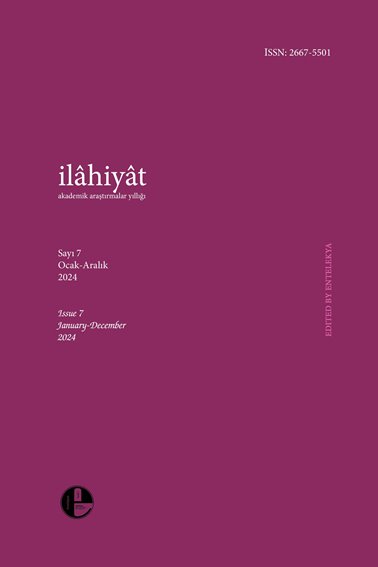Taklīf Mā Lā Yutāq in Ash'arite Theology and Its Comparison with Other Theological Schools
Keywords:
Kalām, proposal, verb, Ash'arī, Māturīdī, Mu'tazila.Abstract
With the spread of Islam, the encounter with new cultures, political events, wars among Muslims, and the search for solutions to the theological problems that arose as a result of many unresolved issues constituted the basic elements in the emergence of Mu'tazilite, Ash'arite, and Māturīdī theological sects. The subject of this article, "taklīf-i mā lā yutāq", that is, whether the servant should be held liable for what he is incapable of doing, has been discussed by many sects and explanations have been made on this subject. While the Ash'arites argued that people cannot restrict what God does based on God's power, that He can act as He wishes in His property, that God can do anything if He wishes, and that God can hold His servant responsible for what He cannot afford, the Māturīdīs accepted that there is wisdom and beneficence in divine actions. For this reason, people cannot be held responsible for what they cannot afford. The Mu'tazilites, on the other hand, looked at the issue with their understanding of justice, which is one of their five pillars, and with a rationalist approach, which is their basic doctrine, and rejected the proposition of incapable work because it would be contrary to God's justice and because it is not rationally possible. In this article, the issue of “taklīf mā lā yutāq” has been tried to be explained comparatively by considering the views of Ash'arī, Māturīdī and Mu'tazilite sects.
Downloads
Published
Issue
Section
License
Copyright (c) 2024 Mustafa Aylanç

This work is licensed under a Creative Commons Attribution-NonCommercial 4.0 International License.




